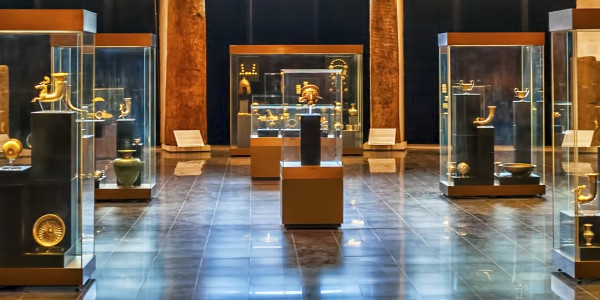Bankya
Bankya is a small town near Sofia — a popular resort that combines climatotherapy with balneotherapy. The combination of soft and tasty mineral water, clean air and beautiful nature attracts constant interest and there are more than a few guests who consider the place to "open some sort of invisible sky wells, from which heavenly air pours out of" (Yordan Radichkov, writer and playwright).

